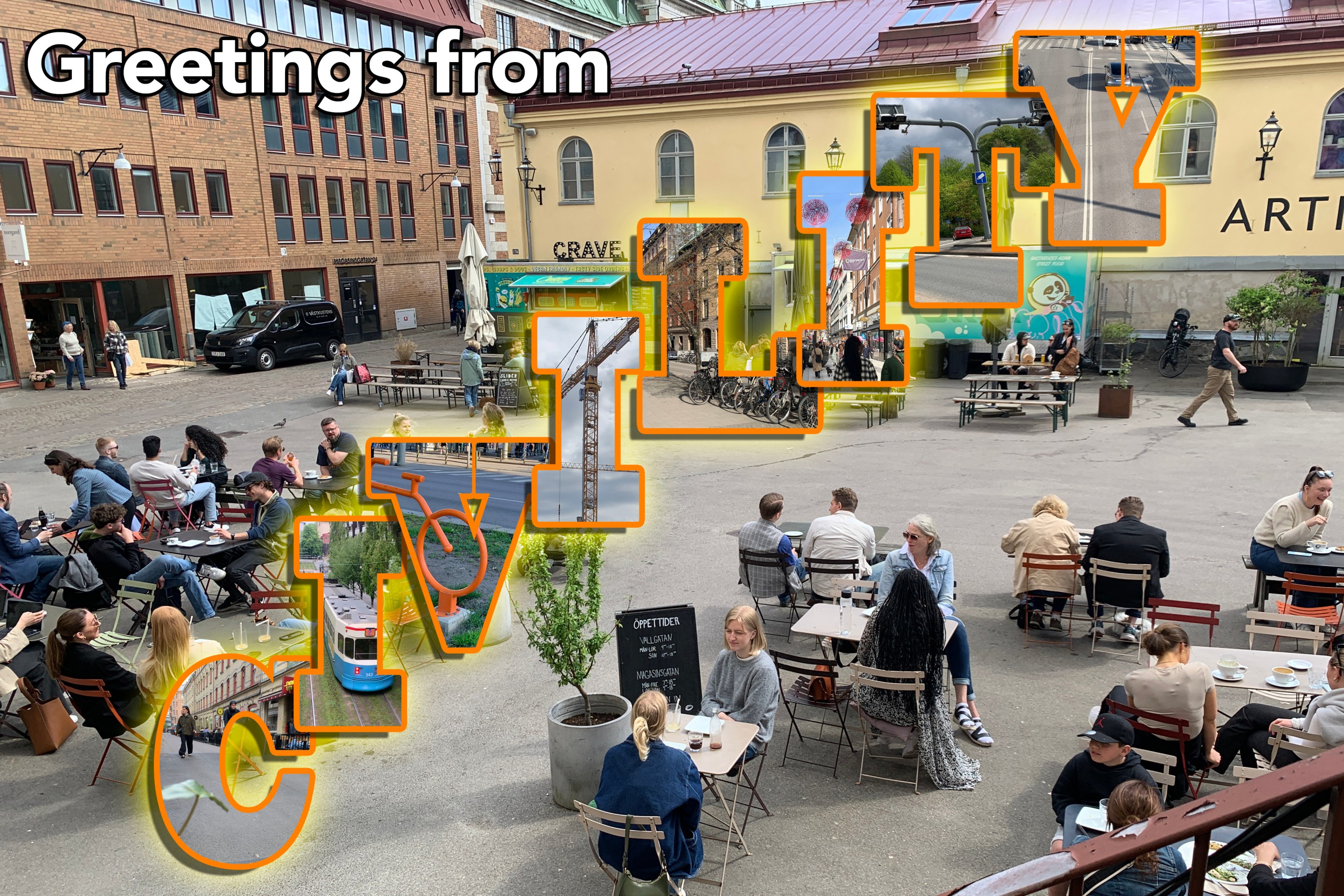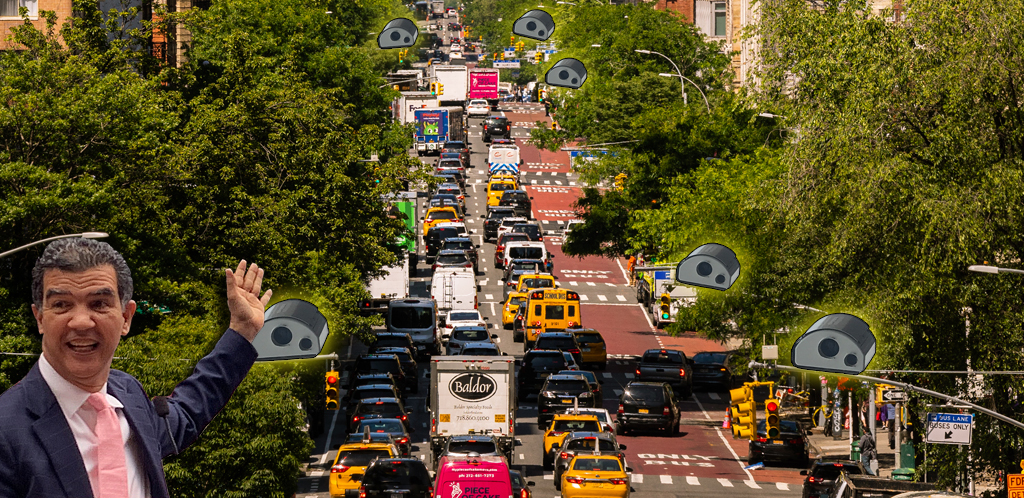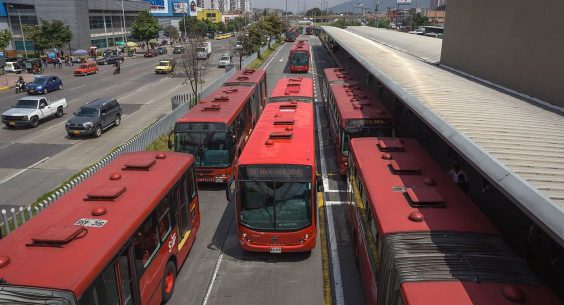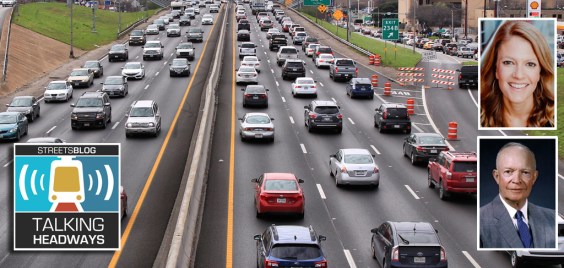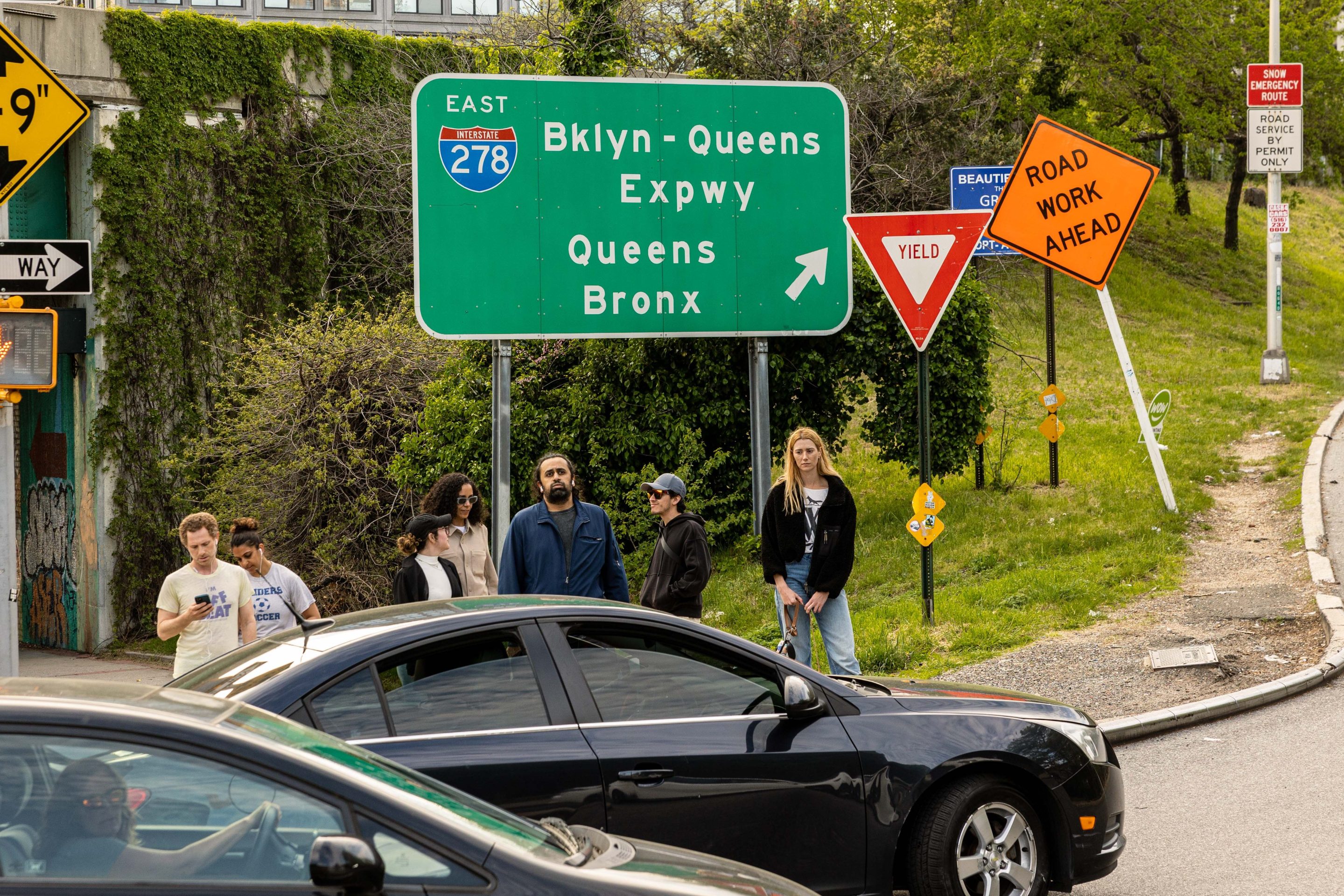
Foes of congestion pricing marshalled by the Queens Chamber of Commerce held a press conference yesterday at which several politicians from the borough took a stand against the mayor's plan. According to a press release provided by the chamber, City Council Finance Chair David Weprin called the proposal unnecessary: "I don't think City Hall understands that another unfair tax which would hurt working class people is not only uncalled for, but also unnecessary to reduce traffic. Before we tax people more we should first consider trying some simple traffic mitigation alternatives to reduce congestion."
The release also quoted Councilmember Tony Avella: "Until the City provides adequate mass transportation services, congestion pricing is just another tax on working and middle class families and small business. Everyone agrees that we need to address traffic congestion problems throughout the city, but the first step has to be improving mass transit."
Of course, Bloomberg himself, in the Sunday speech the Queens Chamber was protesting, said that mass transit in the outer boroughs would have to be improved before congestion pricing went into effect. In that speech, he clearly stated: "We know that service to many areas is not what it should be. That's why, before implementing congestion pricing we'll implement a range of mass transit improvements to our least-served neighborhoods."
The Queens Chamber has been in the forefront of the anti-congestion-pricing battle for some time now, releasing a study in March 2006 called "A Cure Worse than the Disease? How London's 'Congestion Pricing' System Could Hurt New York City's Economy." A group called the Citywide Coalition for Traffic Relief, including the Tri-State Transportation Campaign, the NYPIRG Straphangers Campaign, Transportation Alternatives and the Citizens Committee for New York City, has released "Debunking the Attack on Congestion Pricing," an analysis of the Queens Chamber's report that refutes its major points (download it here):
The attempt to disregard congestion pricing as a potentially viable traffic mitigation measure is based on a study commissioned last year by the Queens Chamber of Commerce, performed by Appleseed Consulting. Even a cursory examination of this study finds it to be biased and deeply flawed.
The Queens Chamber of Commerce study erects a draconian "straw man" congestion charging scenario that is neither based on London's system nor on any scenario that has been proposed for New York City.... In supporting its spurious claim that congestion pricing will result in a net negative impact on the City's economy, the study relies, among other things, on assumptions about how this policy will impact vehicle and person trips into the relevant parts of Manhattan.
Here are the basic points in the Coalition's dissection of the study:
- The most fundamental assertion in the study -- that 1 in 7 people who would not drive under congestion pricing would choose not to visit New York City at all -- is unfounded.
- The study's fundamental figures are misleading and incorrect.
- The study is allegedly based on London's experience, but the numbers it uses are inaccurate.
- The study erroneously assumes a congestion fee is imposed 24 hours a day, 365 days a year.
- The study ignores the fact that 30% of all vehicle traffic in the CBD is through traffic, which has no economic benefit to the CBD.
- The study assumes that business and leisure travelers -- who currently spend hundreds of dollars on each visit -- are deterred by a congestion charge that is less than the cost of one hour of parking in most Manhattan garages.
- The study considers reduced spending on tolls, parking and other activities as losses to the economy without considering the economic benefit of what the congestion charge could be used for (i.e., transit improvements).
- The study relies on national averages, without correction for local conditions.
- The study tallies benefits of congestion pricing even less effectively than costs.
Photo: Sarah Goodyear
